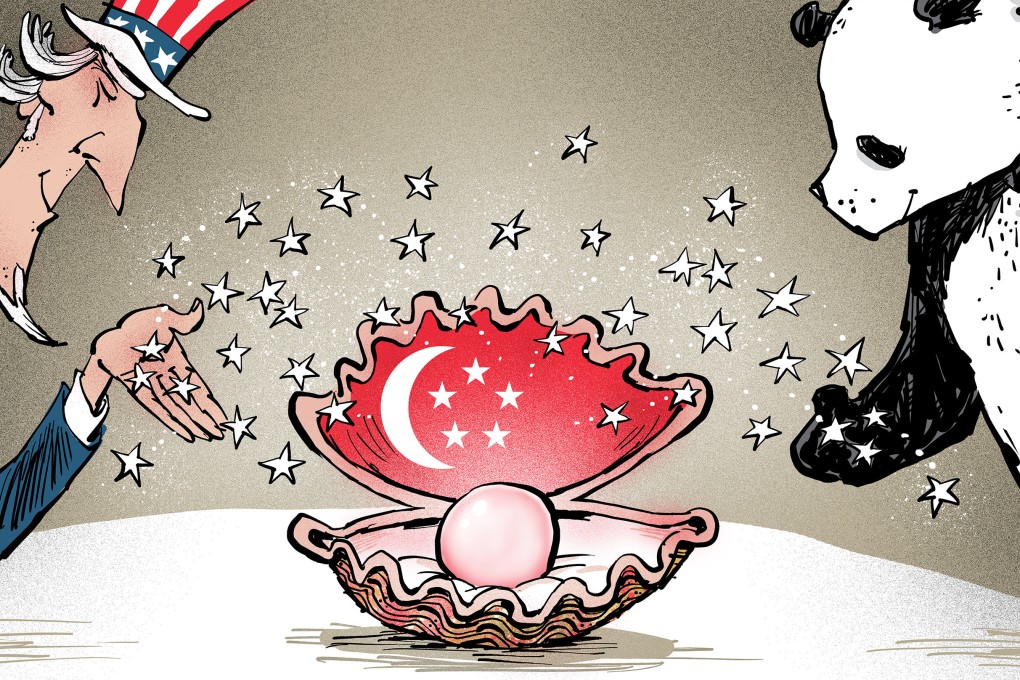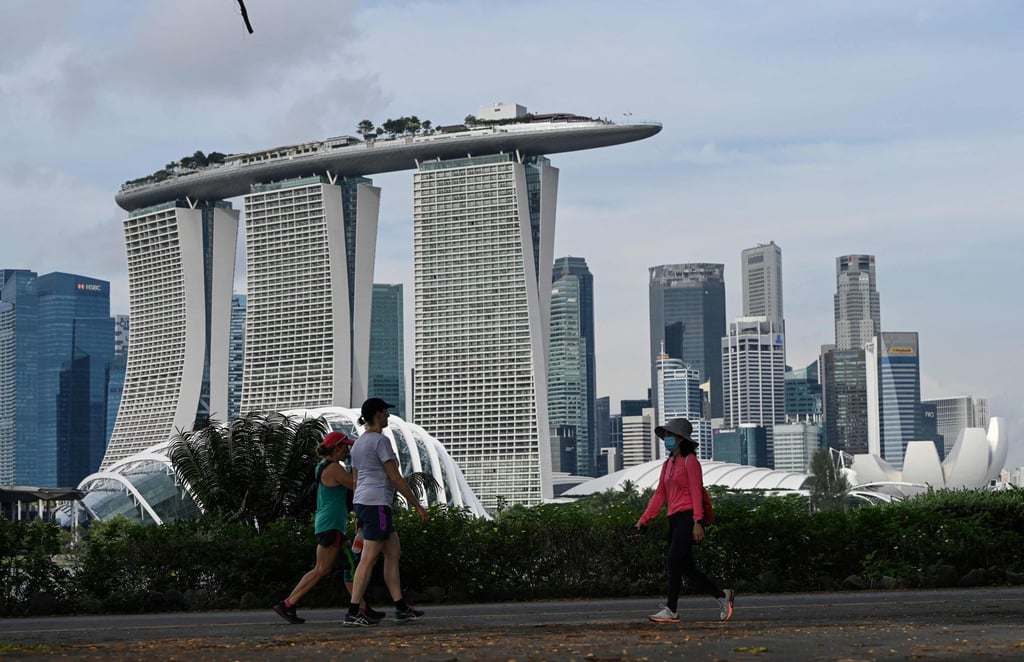Opinion | Singapore, reluctant US-China go-between, should continue to be useful to both
- Talks between Lee Hsien Loong and Joe Biden reflect Singapore’s role as interlocutor for the US in Asia, which can only be good news for a conflict-weary world
- Dismissed by some for its size, Singapore boasts a strategic location, high GDP, and a demonstrated ability to work with China

Perhaps even that encomium somewhat shorts Singapore. For government and political science nerds (like myself), the Southeast Asian polity offers almost textbook lessons of how to pull off professional modern governance. Employing the utilitarian standard that only better economic and social outcomes can justify government, Singapore has set exemplary standards.

Not everyone is stuck on Singapore, of course. Some people persist in viewing it as a one-off oddball of a city state. Then there is scoffing at its population size: 5.5 million. So what? Prominent countries with comparable population sizes include Denmark, Ireland, New Zealand and Norway. Size is important but it’s not everything.
Some of my American colleagues trash-talk it as little more than a claustrophobic one-party state. Really? Consider Japan, arguably a one-party state embraced by the octopus known as the Liberal Democratic Party: it’s nonetheless a key ally of US (struggling, by contrast, with its non-exemplary two-party system).
He then pointedly underlined his government’s concurrence with the US’ condemnation of Russia’s military assault on Ukraine’s sovereignty: “We cannot condone any country arguing that another country’s independence is the result of historical errors and crazy decisions.” Niftily put; easily the best quip of the press appearance.

